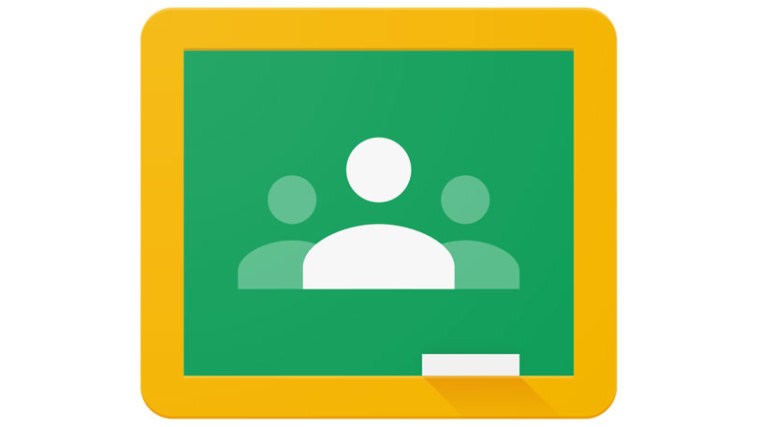Online Safety
As your children spend more time at home and are going to be online more than ever it is important for parents to understand how to keep their child safe online and also empower them to keep themselves safe.
Top tips for parents
As parents/carers we need to educate ourselves and go onto the various social media platforms that our children are using to find out more about them. We need to protect our children by ensuring we have parental controls, online time controls and filters to protect our children from harmful content online and from spending an unhealthy amount of time online or gaming.
- Keep abreast of current app trends such as ‘tik tok’, ‘instagram’ and ‘snapchat’.
- Talk to your children about the content they share.
- Ensure they understand and can use the privacy settings of online apps
- Discuss the possible consequences of sharing messages and images
Remember : Most Social Media sites are aimed at 13-year-olds and upwards.
It is important that children understand the impact of online activity on themselves and other people, today and in the future.
GAMING is fun but be aware that it can be all consuming:-
- Agree with your child how long they can spend playing games.
- Consider the AGE ratings of games and WHY they are so.
- Remember some online games have inbuilt chat functions
- Use the gaming consoles safety settings.
Top TIPS for Children
- Don’t post any personal information online – like your address, email address or mobile number.
- Think carefully before posting pictures or videos of yourself. Once you’ve put a picture of yourself online most people can see it and may be able to download it, it’s not just yours any more.
- Keep your privacy settings as high as possible
- Never give out your passwords
- Don’t befriend people you don’t know
- Don’t meet up with people you’ve met online. Speak to your parent or carer about people that are suggesting you do.
- Remember that not everyone online is who they say they are
- Think carefully about what you say before you post something online
- If you see something online that makes you feel uncomfortable, unsafe or worried leave the website, turn off your computer and tell a trusted adult straight away.
Online Bullying
'Cyberbullying' can be defined as willful and repeated harm inflicted through the use of computers, mobile phones, and other electronic devices. Here, the technology is not the problem, it’s the bullies’ behaviour.
You can help support your child by:
- Talking about bullying issues
- Report any incidents - it will help your child and others too!
- Make sure your child knows that bullying in any form is not OK and that you will support them should they need help with online activity.
Useful websites
There is a lot of support available to keep your child safe online. Below are some useful links to help parents and carers:
ParentZone – Parent guides to a variety of popular online platforms and apps
Thinkyouknow (advice from the National Crime Agency to stay safe online)
Internet matters (support for parents and carers to keep their children safe online)
LGfL - ParentSafe (support for parents and carers to keep their children safe online)
NSPCC - Keeping Children Safe Online (support for parents and careers from the NSPCC) x
Digiducks BIG decision (Video)

